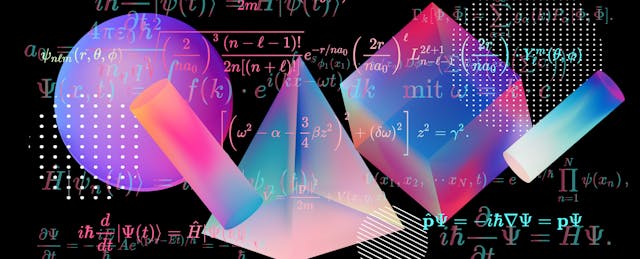Research and development (R&D) is an engine of innovation in many sectors but has been largely untapped in education. It is a powerful way to seed meaningful and lasting change for students and schools. Other sectors achieve incredible advances through R&D. In fact, we are beginning to see the other side of the pandemic because sustained R&D made it possible to develop a vaccine in record time.
What if we introduced a new way of doing research and development in education, taking the best of what we know about learning and teaching and combined it with the best of what we know about generating innovative solutions?
We are doing just that by turning traditional R&D on its head: assembling teams that include classroom teachers as front-end decision makers, grounding those efforts in the science of learning, and piloting projects that center equity to create practices and tools that are useful and usable by teachers and students. Increasingly, this approach is known as inclusive research and development. We have embraced and extended this model to focus on a key priority for every student, every teacher, every school and every community: improving math learning.
We are part of a community of educators, researchers, and developers working to significantly increase the number of students in grades 3-8 in historically under-resourced schools who excel in math. As part of a program called EF+Math, we are designing and developing practices and tools that strengthen core assets every student has—their executive function (EF) skills. These skills allow students to focus on what’s important and ignore distractions, think flexibly to solve problems, and keep track of ideas in their heads. EF skills are critical for learning math and may be an untapped lever to accelerate math learning.
The EF+Math Program is a five-year inclusive R&D initiative that invests in diverse multidisciplinary teams to create breakthrough approaches that will tackle longstanding math learning challenges. A key aim of our work is to reduce the time it takes to translate research into breakthrough practices, programs, and products that boost students' math learning. We are pursuing this goal by funding and supporting inclusive R&D project teams that affirm the brilliance of Black and Latinx students and students in poverty, and co-designing rigorous math learning approaches in real-world classrooms.
Changing the Game for Math Learning
One project funded by EF+Math is called Fraction Ball. An inclusive R&D team anchored at UC Irvine’s School of Education (UCI) is exploring a way to help students learn rational numbers on the school playground. Built on a principle from learning science that embodied cognition results in stronger, longer lasting learning, the project is testing a hypothesis that play-based, active learning tied directly to learning numeracy and fractions will result in breakthrough gains in math learning and EF skill-building.
The basketball court at El Sol Science & Arts Academy in Santa Ana, California is painted with arcs that divide the court into fractional units so students can take a ¼ or .25 point shot, and a number line on the side of the court helps them keep score. Teachers at El Sol and the UCI research team worked together from the beginning in the design and pilot testing of Fraction Ball, each contributing their own knowledge and expertise to create an engaging math learning experience that students are excited about.
Their experience so far has shown that the inclusion of teachers at the beginning of the project provided for alignment with the strengths of the school and the discovery of potential barriers to the project’s implementation immediately and in a way that could be addressed during the design. “That’s what inclusive R&D is all about: leveraging the experience and expertise of teachers on the ground and building a sense of ownership and pride in the project, which contributes to its success and longevity,” said Andres S. Bustamante, assistant professor at the University of California-Irvine School of Education, a principal investigator on the Fraction Ball project.
The project is now expanding to the Santa Ana Unified School District where the UCI team is working with teachers to design connections between the Fraction Ball court and the classroom.
Educators and Researchers Provide Important Grounding
In addition to a vibrant community of nearly 300 educators, researchers, developers and advisors who are part of EF+Math funded R&D projects, a 20-person Educator Leadership Council (ELC) is central to the effort. The ELC is a diverse group of educators who work at the classroom, school and district levels. Council members provide critical expertise in middle year math curriculum and instruction and deep experience working in districts that serve Black and Latinx students and students living in poverty. Along with the ELC, a 12-person Equity Research Advisory Board provides crucial perspectives on equity to the design and execution of the various R&D projects.
A common argument against including practitioners and centering equity in innovation is that it slows the process down and inserts qualitative factors into a process designed to achieve a measurable, quantitative result. But excluding educators is more apt to harm the core equity objective of achieving excellent outcomes for students from all backgrounds.
With nearly all students and schools likely to return to full-time, in-classroom instruction by the start of the new school year next fall, there is now a window of opportunity to chart a new path forward in education research and development. Those efforts must include bold approaches to devising new ways for students to learn that take into account the views of teachers and students and place equity at its center. Only then will we allow students to realize their full potential and affirm the brilliance that exists within every one of them.


